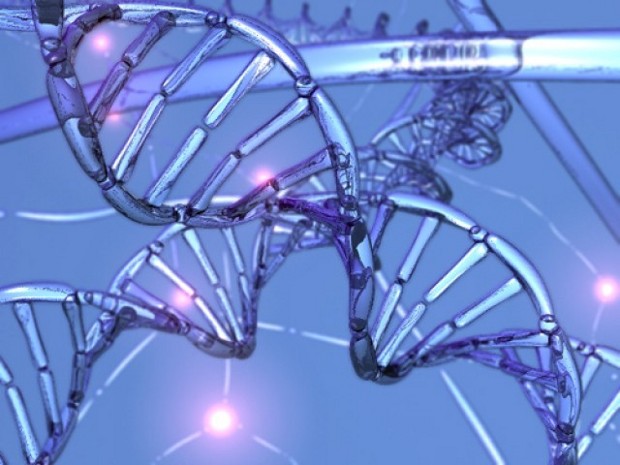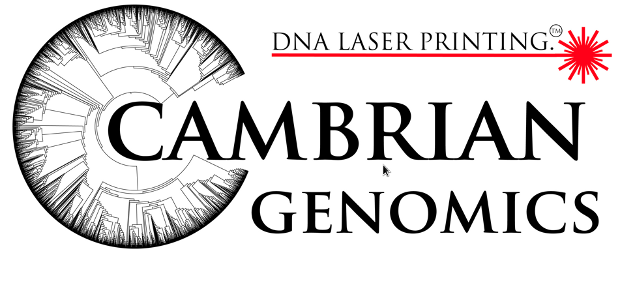Laser Printed DNA
A synthetic biology startup aims to revolutionise the cost of genetic engineering


Some pretty wild things are happening in the synthetic biology startup scene. For instance, Cambrian Genomics are working on a new form of laser printing that manufacturers DNA.
This is a totally different ball game to the bioprinters that have caughts our eyes down the years at Protein: it uses a laser to etch DNA on the molecular level. This etched DNA is equivalent to a virus (for instance a bacteriophage), which can then be injected into a cell (such as a bacterium). This delivers the genetic software to the biological operating system. Then you have a genetically modified organism, per your programmed parameters!
While the cost of reading DNA (aka sequencing) has plummeted in price thanks to next generation sequencers the cost of writing DNA, or DNA synthesis, remains eye boggling high – it costs roughly $1 per base pair of DNA. The amount of base pairs in the human genome would cost approximately 3 billion to synthesise. Even the humble bacteria, the hoped-for microbial manufacturers of the future, has about 4,600 base pairs. The DNA laser printer is intended to lower this price be several magnitudes. Though Cambrian Genomics exact process is opaque (and patent pending) they have the backing of influential figures in the field
We like how Reese Jones, Cambiran Genomics co-founder, casually name drops Mars as a use case for an internet connected DNA synthesis machine. But given that NASA pulled off the Curiosity Rover landing with such aplomb maybe it's not so far fetched. Why not parachute in one of these babies along with the first manned mission to the red planet and let synthetic biologist astronauts (actually, lets just call them 'engineers') rapid prototype microscopic lifeforms suited to Mars.




Discussion